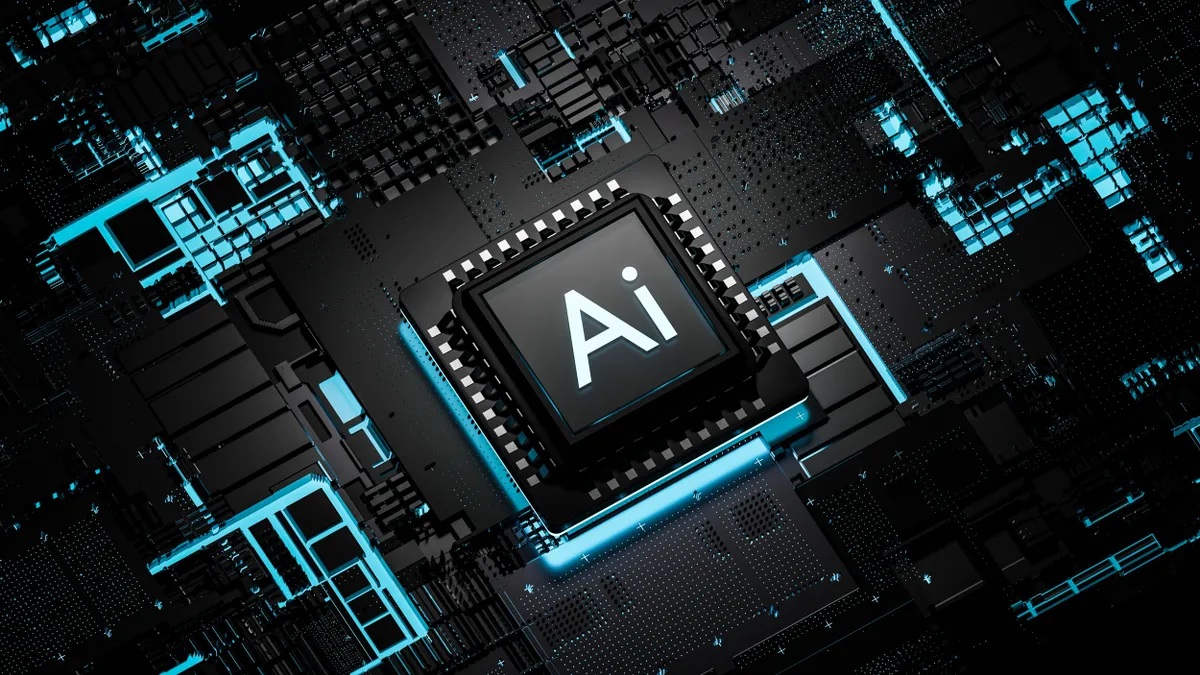The legal profession has demonstrated an openness to using generative AI tools to speed up routine tasks, but there remains skepticism that the emerging technology could be effective with higher-level legal work.
For example, 50% of the legal professionals in a survey said they somewhat or strongly disagreed with the statement that generative AI will transform complex legal matters such as negotiating mergers or developing litigation strategy.
Just 31% of respondents somewhat or strongly agreed with the statement and 19% neither agreed nor disagreed.
The generative AI-focused survey featured 275 respondents, including both in-house and law firm lawyers and staff, who provided insights from March to mid-April this year. The survey was conducted by Above the Law in partnership with Wolters Kluwer Legal & Regulatory.

Efficiency boosts
Generative AI tools have entered the mainstream following OpenAI’s release of ChatGPT late last year. Technologies powered by large language models can quickly produce text, images or other content in response to prompts from users.
In the legal industry, generative AI tools are able to support tasks such as document review, contracting and legal research.
More than 80% of the legal professionals in the Wolters Kluwer report agreed that generative AI will create “transformative efficiencies” for research and routine tasks.
Corporate and IP work
Corporate work was the area in which legal professionals expressed the strongest backing for generative AI having the potential to transform complex tasks, with 44% either somewhat or strongly agreeing with that statement.
This aligned with a finding later in the report that a similar percentage (46%) expected the corporate practice area to be the most affected by generative AI. No other practice area generated a response above 40%.
Overall, 39% of respondents expressed either somewhat or strong support for generative AI’s potential to transform IP work.
“The responses suggest that corporate work may lend itself to AI, and one can imagine an AI program entirely handling a search for prior art in a patent prosecution,” the report said.
Litigation
Slightly more than one-third (35%) of surveyed legal professionals felt that generative AI would transform litigation work.
The adversarial nature of litigation was cited as a reason there is more skepticism about generative AI’s applicability in that realm.
“AI may be increasingly sophisticated at calculation, but it is not replacing the human brain’s capacity for making connections that haven’t been made before or engaging in counterfactual analysis,” said a litigation partner who responded to the survey.

Ken Crutchfield, vice president and general manager of Legal Markets at Wolters Kluwer Legal & Regulatory U.S., agreed that “a complex fact pattern or a bespoke issue is going to be harder for AI.”
However, he noted in the report that he has observed attorneys asking generative AI to provide a counterfactual argument. Even if the result has not been completely usable, “it can give you an idea,” Crutchfield said.
Impact on jobs
Legal professionals also shared their views that certain jobs were likely to become obsolete as a result of emerging artificial intelligence.
Roughly 71% said generative AI could replace document review lawyers within the next decade, and 68% said they could see a similar impact on law librarians.
Roughly 41% said paralegals could become obsolete in the next 10 years, with no other listed position cited by more than 26% of respondents.
The report quotes a legal ops professional who responded to the survey as saying, “Roles will evolve but not necessarily become obsolete.”
A law professor who responded to the survey offered a mixed view.
“People without the ability to leverage AI will be at risk,” the professor said in the report. “People who embrace the technology will do well.”
As for law firm associates, 19% said they could see them becoming obsolete.
Only 2% of survey respondents expressed the view that law firm partners were likely to be replaced by generative AI.











